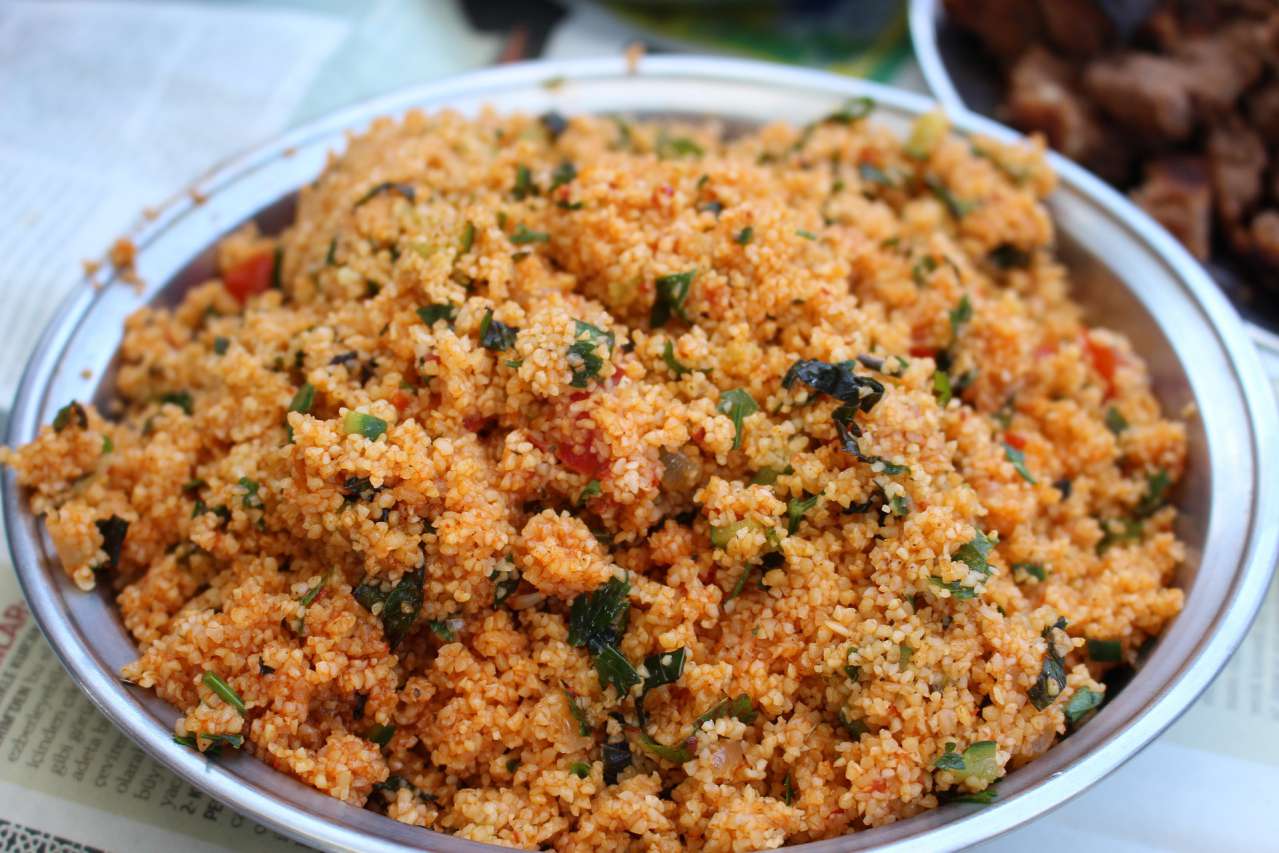Whole bulgur is wheat that has been hulled but not yet crushed; used for pilaf, soup, stuffed vegetables, salads, as a side dish. In the article, you will learn about the health benefits of cereals.
What does bulgur taste like
It is more like rice or couscous in texture, and buckwheat in shape. You can feel wheat in the taste of bulgur, but in general, this cereal has a taste unlike anything else.
Bulgur has a slightly nutty flavor like many whole grains with a similar texture to couscous, ptitim or small pasta. It exudes an attractive popcorn and cereal flavor when cooked. When cooked, it is similar in texture to couscous or quinoa.

Benefits of Bulgur
Bulgur is very useful. It contains vitamins A, E, K and PP. They help strengthen the walls of blood vessels and the heart muscle. Also, bulgur lowers blood sugar levels, and thanks to B vitamins, cereals help normal breakdown of fats and speed up metabolism.
Due to the fact that bulgur contains coarse dietary fiber (fiber), dishes from this cereal help cleanse the walls of the stomach and intestines.
How often can you eat bulgur
Both boiled and simply swollen cereals are used for food. The answer to the question “is it possible to eat bulgur when losing weight” is yes, but it is contraindicated during acute forms of gastrointestinal pathologies, as well as with individual intolerance.
What goes with Bulgur
Bulgur can be combined with almost anything, it can be used as a substitute for rice. It can be used as an ingredient in salads or soups, served as a side dish for meat or fish.













